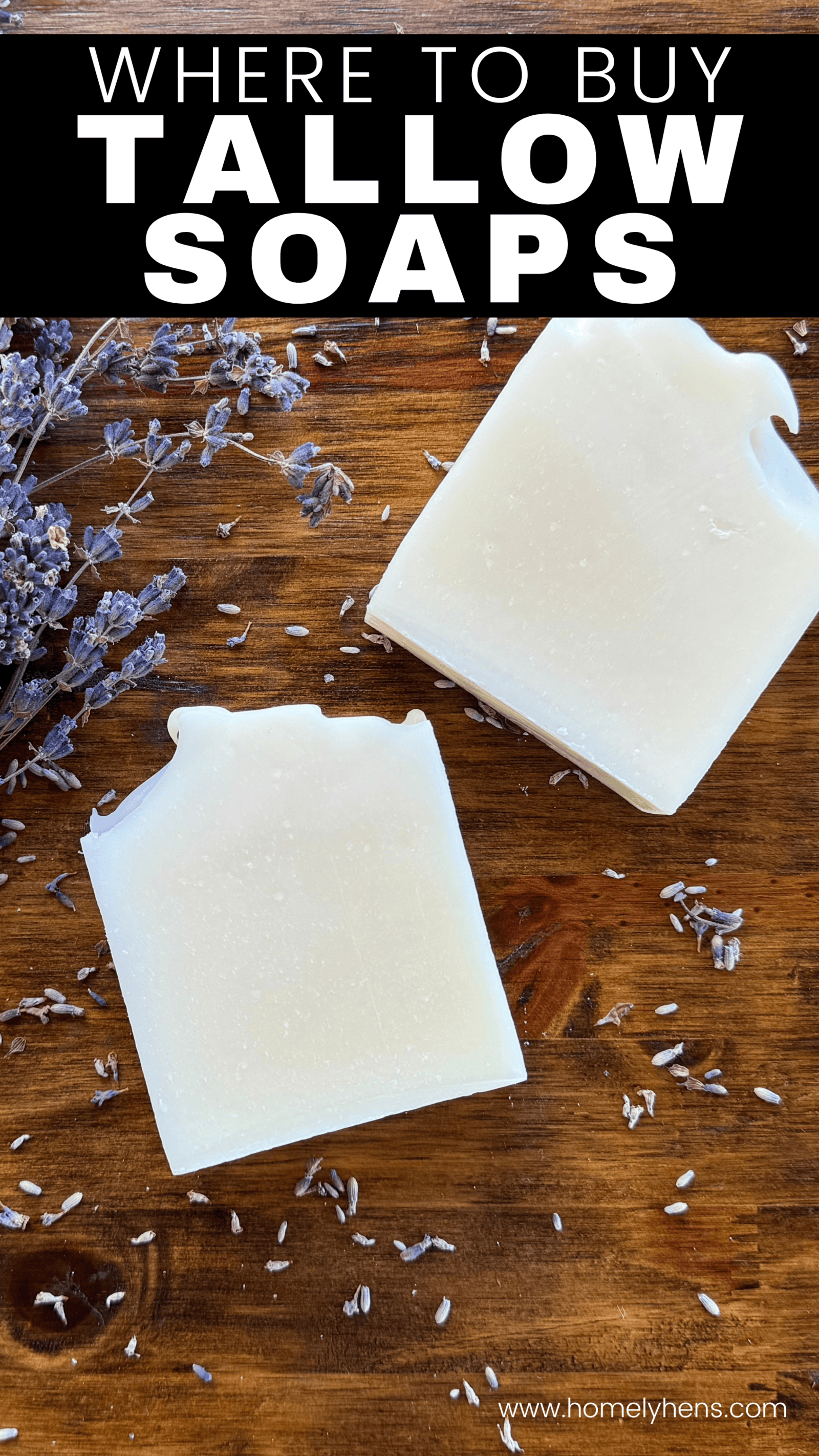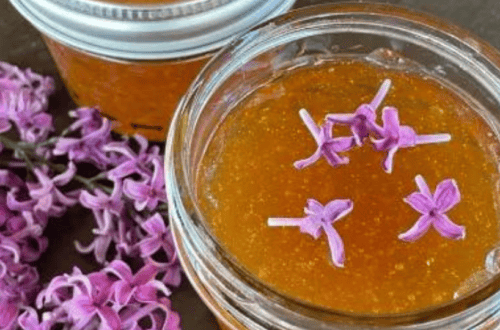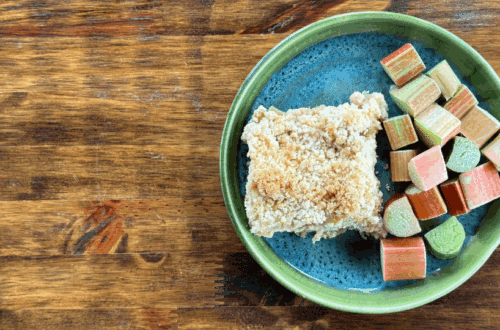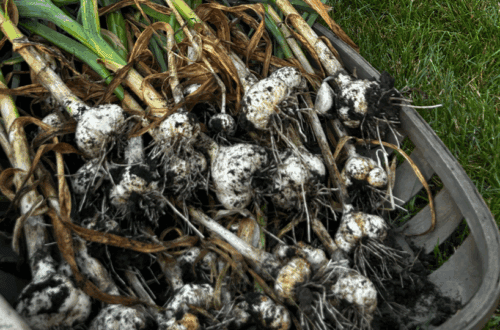Where to Buy Tallow Soap and Why It’s the Best Old-Fashioned Cleanser
If you’re searching for where to buy tallow soap, you’ve probably heard about its long-lasting bars and gentle, creamy lather. But the real skincare secret isn’t a dose of vitamins, it’s the fatty-acid profile of tallow, which closely resembles the natural oils in human skin.
That unique blend of stearic and oleic acids helps tallow soap cleanse without stripping, leaving skin feeling soft and conditioned. Whether you’re looking for an everyday body bar or a giftable handmade soap, understanding what makes tallow special can help you choose the best bar and the best place to buy it.
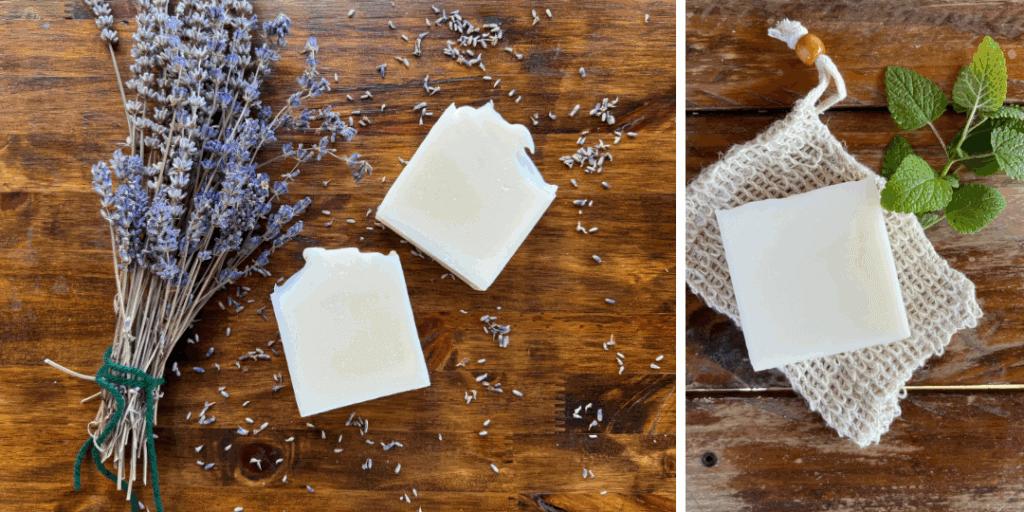
This post contains affiliate links. This will not cost you anything, but will help us offset the cost of running the blog. We only share products we use and would recommend to a friend. Thank you for your support! Click ‘HERE’ for more info.
Why Choose Tallow Soap for Your Skin
Tallow has been used for generations! Our ancestors used tallow for many things, from cooking to skincare, because it was available to them after butchering their family’s cattle for food. Somewhere along the lines, we forgot that tallow was an option for us!
Probably somewhere in between synthetic manufacturers making toxic alternatives, and us all getting away from raising our own family’s meat. When I first started using tallow, the butchers I got it from were just THROWING IT AWAY, because no one was buying it or using it. Some people don’t even know to ask for it when they get their cows butchered.
Tallow soap’s unique fatty acid profile closely resembles the natural oils in human skin, which makes it gentle and effective for us. This similarity allows the soap to nourish and protect the skin’s moisture barrier rather than stripping it away, which is what a lot of commercial soaps do.
Tallow soap is deeply moisturizing, ideal for dry or mature skin, and soothing for those with sensitive or easily irritated complexions. Tallow soap shines because the specific fatty acids create a hard, gentle, creamy bar that many people find more skin-friendly than many plant-based soaps.
Many mainstream soaps rely on synthetic detergents and harsh additives that can leave skin feeling tight or dry. Tallow soap provides the same thorough clean while supporting the skin’s natural balance, offering a traditional, time-tested alternative to modern store-bought bars.
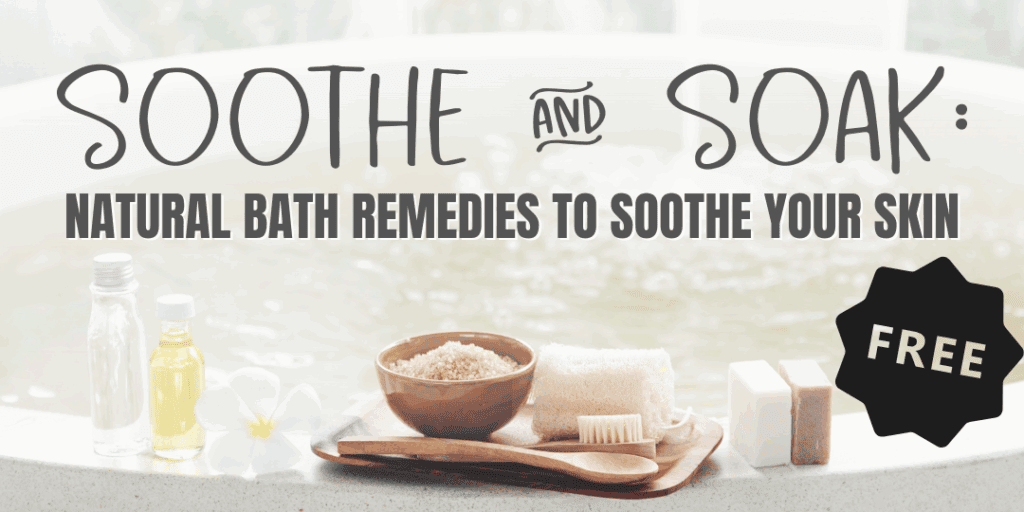


DIY vs. Buying: Which Is Right for You?
I’m a big DIYer and love to make my own products when I can. There are a lot of things to consider when deciding if you should make your own soaps or just buy them from a trusted source. Soap making is a trial-and-error process, requiring time and special equipment. There are also safety considerations when working with lye, which is needed to make soap. Read more about Why Lye is Used in Soap.
For most people, buying from a reputable maker is the easiest and most convenient option. However, if you’re willing to learn a new skill and have the time and patience to do so, you can learn to make your own. My favorite book when I was first learning to make soap was Simple and Natural Soap Making by Jan Berry.
What to Look for When Buying Tallow Soap
Tallow is really popular right now, and it’s important to know that you’re getting quality ingredients in your soap and skincare products. Typically, tallow from grass-fed suet (the type of fat that is found around the kidneys) is the gold standard when it comes to skincare products.
Unfortunately, the higher vitamin count found in grass-fed tallow is lost during saponification (the process of making soap), so having grass-fed tallow doesn’t really matter in soap making.
When shopping for tallow soaps (or any soaps), you want to look at the ingredients list. Look for simple, clean ingredients that you recognize. If you don’t recognize something, ask the seller what it is or do a little research before purchasing. Stay away from synthetic fragrances or harsh detergents.
Ingredients that may be in your Tallow Soaps:
- Lye – necessary to make soap (no lye is still present after the soap is actually made, but it is supposed to be listed in the ingredients.
- Organic Oils – including, but not limited to, olive oil, coconut oil, sunflower oil, almond oil, castor oil, lard, etc. Each different kind of oil has pros and cons in soaps, changing the hardness, cleansing level, and how it affects sensitive skin.
- Organic Essential Oils – essential oils are preferred over fragrance oils because you know exactly what is in your soaps or other products. Fragrance oils (or just fragrances, parfum, etc.) don’t tell you what exactly the scent is made up of, and unfortunately, there are a lot of toxic ingredients that can be hidden under that name. You want to buy a product that has transparent scents.
If you’re eco-friendly or trying to live more sustainably, you may want to look for tallow sourced from a local farm or someone who pasture-raises their cattle. Handcrafted in small batches vs mass produced and white labelled, and minimal packaging might also be important to you as well if you’re trying to reduce waste and plastic, and support small businesses.
Where to Buy Tallow Soap
Direct from Small-Batch Makers
Nothing beats getting to hold a product in your hands and smell it before buying. Purchasing from farmers’ markets or local artisans is perfect for first-time buyers who want to see the products before buying. You’ll also be supporting small local businesses when you shop locally.
Online Natural Skincare Shops
There are many tallow soap sellers online on natural beauty sites and on Etsy. Be sure to check reviews and the full ingredient lists, so you know what you are buying and putting on your skin.
My Handmade Tallow Soaps
You can buy our tallow soaps right here on this website. We offer a variety of tallow soaps, unscented and scented with organic essential oils. We make our soaps in small batches, using organic ingredients. Tallow, along with nourishing organic oils and essential oils, comes together beautifully to make nourishing, cleansing, and gentle bars.
We don’t use plastic in our packaging, just paper wrapped around each bar as the label. Our ingredients are listed on the back of each bar, so you always know what you’re getting.
Tips for Storing and Using Tallow Soap
To help your handcrafted tallow soap last longer, always allow the bars to dry completely between uses. Using a well-draining soap tray is ideal. Cut bars in half to create smaller pieces that are perfect for travel or guest bathrooms. If you’ve ordered a few bars, keep your soap in a cool, dry place away from direct sunlight to preserve its firmness and gentle scent.
To read more about making your soap last longer, check out 4 Tips For Proper Storage And Usage to Save You Money
FAQs about Handmade Tallow Soaps
Yes, it’s gentle cleansing and fatty acids support balanced skin without harsh detergents.
Generally, yes if unscented and made with minimal ingredients; always patch-test first.
No, properly rendered tallow and quality essential oils mean there’s no strong odor.
No, it is not vegan.
When sourced from responsibly raised cattle, using tallow is ethical and decreases waste.
Usually 4-6 weeks of daily use when kept dry between uses.
Explore More Natural Skincare Recipes
Natural skincare is a huge step in the direction of living more naturally. A lot of us are on this journey and I hope we can connect in some way! Whether you’re looking to purchase or DIY your own, you’ll find some resources here!
- Ditch Toxic Ingredients & Switch to Natural Soaps – Discover the hidden toxic ingredients hiding in your skincare products.
- 3 Tallow Products for Dry Winter Skin – Dive into high-quality tallow products that will help with dry, irritated winter skin.
- Homemade Whipped Lavender Tallow Balm – Start with something simple, make your own tallow balm with this easy-to-do recipe.
Try Handmade Tallow Soap Today
Ready to experience the difference of old-fashioned, skin-loving tallow? Browse my handcrafted tallow soaps or explore more of our Natural Living recipes to continue your natural skincare journey.






